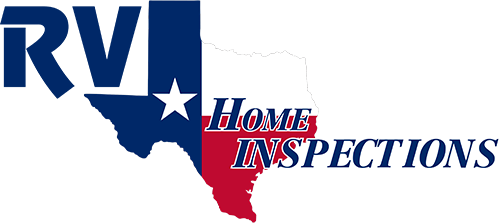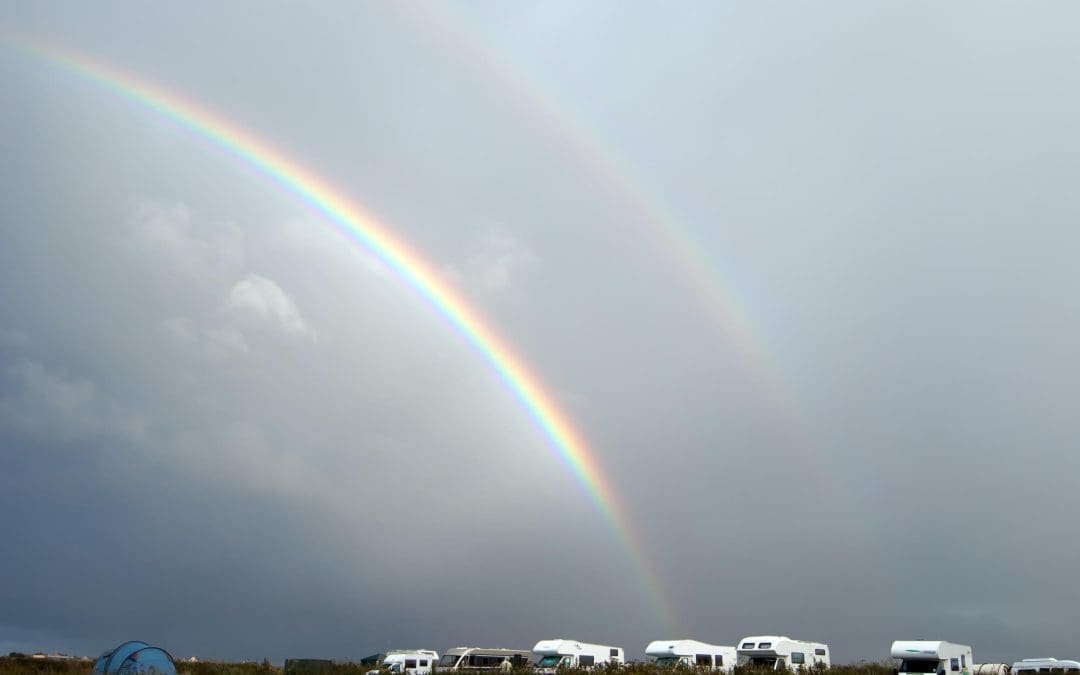RVing is a fantastic way to explore the outdoors, but when the rain starts pouring, it can put a damper on your adventure if you’re not prepared. However, with the right mindset and a few smart strategies, you can stay dry, safe, and comfortable while enjoying your trip. Here’s everything you need to know about RVing in the rain, from driving precautions to campsite setup and indoor activities.
Drive Safely in Wet Conditions
Driving an RV in the rain requires extra caution. Roads become slick, visibility decreases, and stopping distances increase. Slow down and give yourself plenty of time to react to traffic and road conditions. Keep both hands on the wheel, and if your RV has cruise control, avoid using it on wet roads. Manual control allows you to react more effectively if you need to slow down suddenly.
Make sure your windshield wipers are in good condition before hitting the road. Visibility is crucial, and worn-out wipers won’t clear rain effectively. Your headlights should be on even during light rain to improve visibility for yourself and others. Be mindful of puddles, as they can hide potholes or cause hydroplaning. If conditions become too severe, don’t be afraid to pull over and wait it out.
Choose the Right Campsite
Planning goes a long way when selecting a campsite in rainy weather. Park on high ground, as low-lying areas can quickly flood, turning your campsite into a muddy mess. If possible, pick a site with good drainage, avoiding spots where water pools easily.
Make sure your RV is level to prevent water from pooling on the roof. Use leveling blocks if necessary, and check your roof seals to ensure there are no leaks. Position your RV so the entrance is away from the prevailing wind to minimize rain blowing inside when you open the door.
Keep Your RV Dry Inside When RVing in the Rain
Wet clothes and gear can turn your cozy RV into a damp, musty space. Have a designated spot near the entrance for wet shoes and rain gear. A small rug or mat inside the door can help trap water and mud before spreading throughout the RV. If you have an awning, use it to create a dry entryway, but retract it if strong winds pick up.
Ventilation is key to preventing excess moisture buildup inside. Even in cool weather, crack a window or run a vent fan to keep the air circulating. Dehumidifiers or moisture-absorbing products can help prevent condensation, which can lead to mold or mildew. If your clothes get wet, dry them outside or in a well-ventilated area rather than piling them up inside.
Stay Entertained Indoors
Rainy days are a perfect excuse to slow down and enjoy some indoor activities. Bring along books, board games, puzzles, or movies for entertainment. If you have internet access, you can catch up on shows, make video calls with family, and even plan your next RV destination.
Cooking a warm meal inside your RV can also be a great way to pass the time. Soups, stews, and other comfort foods can make a rainy day feel extra cozy. If you’re traveling with kids, get them involved in simple cooking tasks or have a scavenger hunt inside the RV to keep their spirits high.
Be Prepared for Potential Issues
Rain can sometimes bring unexpected challenges, so being prepared is key. Check your roof, windows, and doors for any leaks before you leave on your trip. Carry extra towels, a squeegee, and absorbent cloths to deal with excess moisture. A backup plan for power outages, like a generator or extra battery power, can also be useful.
Taking the right precautions, staying flexible, and embracing the weather can turn a rainy trip into a memorable adventure. The key is to stay safe, keep your RV dry, and make the most of the experience—rain or shine.
Frequently Asked Questions About RVing in the Rain
Can I drive my RV in heavy rain?
Yes, but it’s best to exercise caution. Reduce your speed, increase following distance, and avoid driving through deep water. If conditions become too hazardous, pull over and wait for the rain to subside.
How can I prevent my RV from getting damp inside?
Use a combination of ventilation, dehumidifiers, and moisture-absorbing products. Keep wet clothes and shoes in one area, and dry items as quickly as possible.
Is it safe to use my RV awning in the rain?
It depends on the intensity of the rain and wind. Light rain is usually fine, but strong winds can damage the awning. If in doubt, retract it to prevent any potential issues.
What should I do if I find a leak in my RV?
As a temporary fix, try patching it with waterproof tape or sealant, then address it properly when conditions allow. Regular inspections can help prevent leaks before they start.
RV Home Inspections provides professional RV inspections in Houston, Texas. Contact us to schedule an RV inspection.

